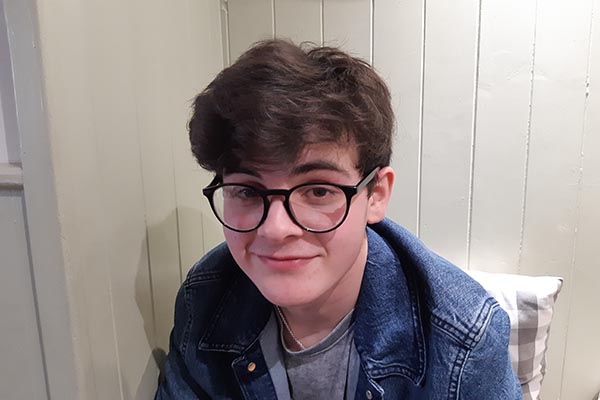Three quarters of GPs do not feel confident that under-18s who they refer to child and adolescent mental health services will end up being treated, research has revealed.
Only 10% of family doctors said they usually felt confident that a referral to CAMHs would lead to treatment.
The survey was commissioned by mental health charity YoungMinds and asked 1,008 GPs across the UK questions about their experiences of treating young people who are struggling with their mental health.
Jo Holmes, our Children, Young People and Families Lead, said: "We need to stop looking at CAMHs as the only pathway for young people who are struggling and learn from some of the experiences in Wales where school and community counselling has alleviated the pressure on medical services.
Range of options
"Counselling provided in different settings, such as schools, needs to be more heavily embedded as part of the range of options open to children and young people.
"Many CAMHs referrals don’t meet the threshold for mental ill health, and neither should they. Children and young people often struggle with feelings of psychological distress that impact on their school and home lives and their hopes and opportunities. Access to a school counsellor in every educational or community setting would alleviate this, as talking therapies are well placed to deal with issues around exam stress, body image and family problems.
Transformative effect
"School-based counselling can have a transformative effect on young peoples’ lives."
The survey also revealed that:
• 90% of GPs agreed they had seen a rise in the number of young people seeking support for their mental health in the last three years.
• Only 8% of GPs agreed that there was good community support for children and young people with mental health problems in their area (e.g. through youth clubs, local charities, drop-in centres etc.). 77% disagreed.
• 47% said they sometimes acted above their level of competency when supporting young people with mental health problems. 28% disagreed.
• Only 20% agreed that they had received sufficient training in mental health to respond to young people’s mental health problems. 59% disagreed.
• Only 10% of GPs agreed that they usually felt confident that a referral to Child and Adolescent Mental Health Services (CAMHS) would result in treatment. More than three-quarters (76%) disagreed.
Read more about our work to promote counselling for children and young people.

Celebrating the next step towards a toolkit for school counsellors
We’ve helped the Welsh Government update a publication for counsellors working with young people

Taking the first step to see a school counsellor
George, 17, talks about why he made the decision to see his school counsellor

Three quarters of people believe schools should offer counselling
School counselling can be a vital early intervention, says BACP's Jo Holmes
